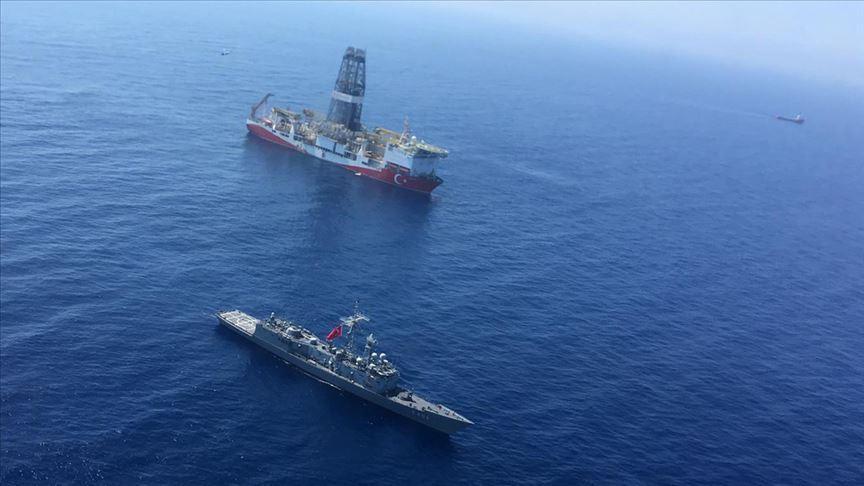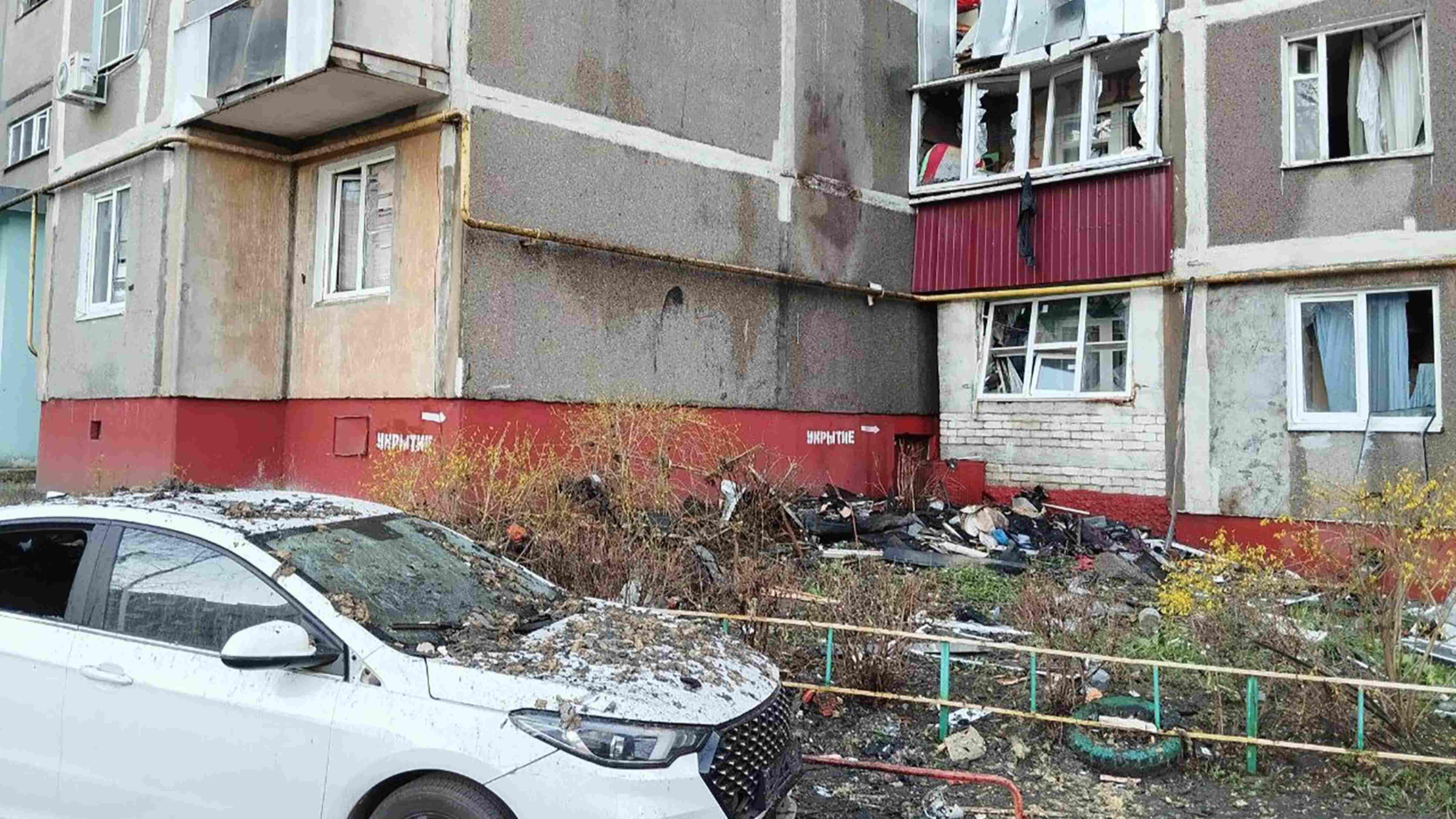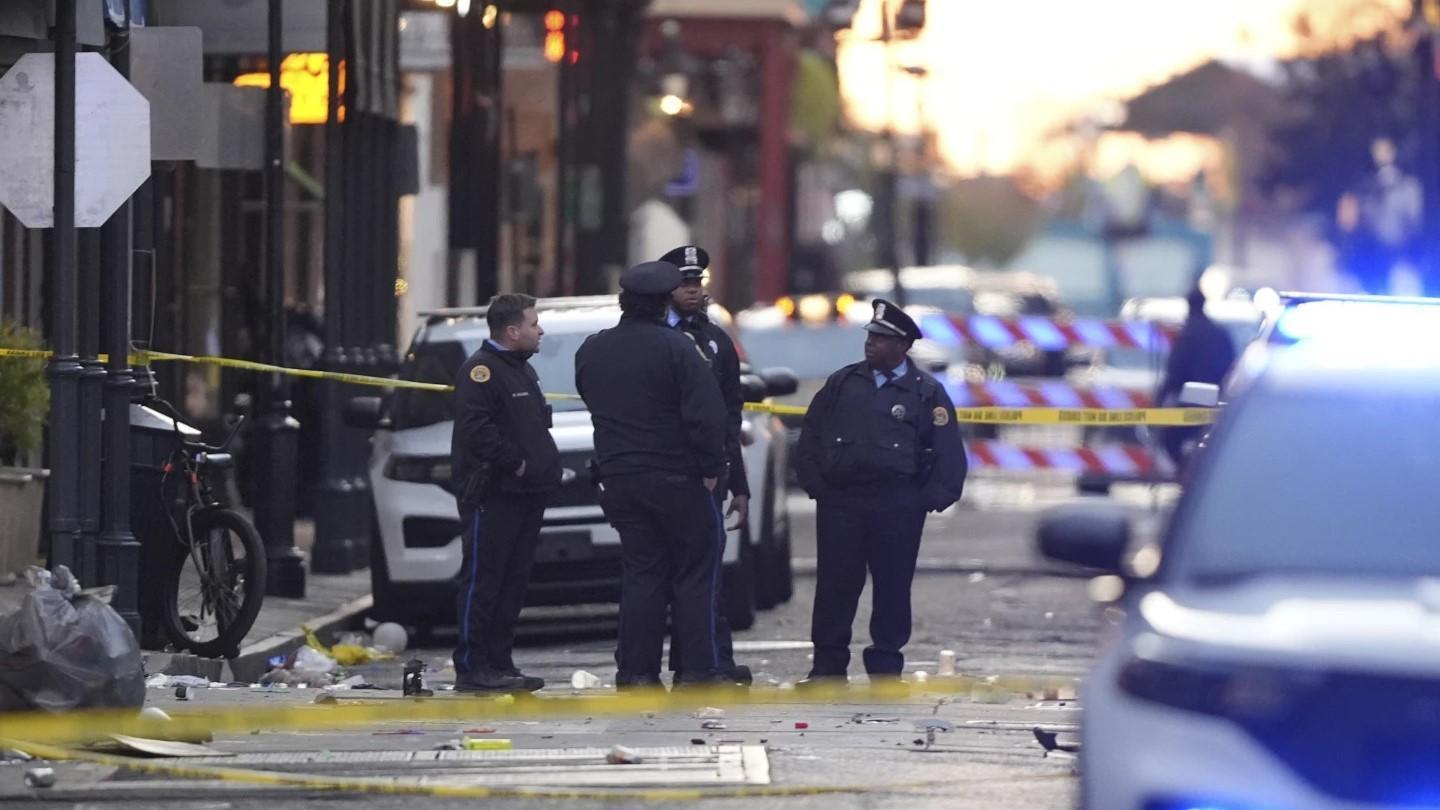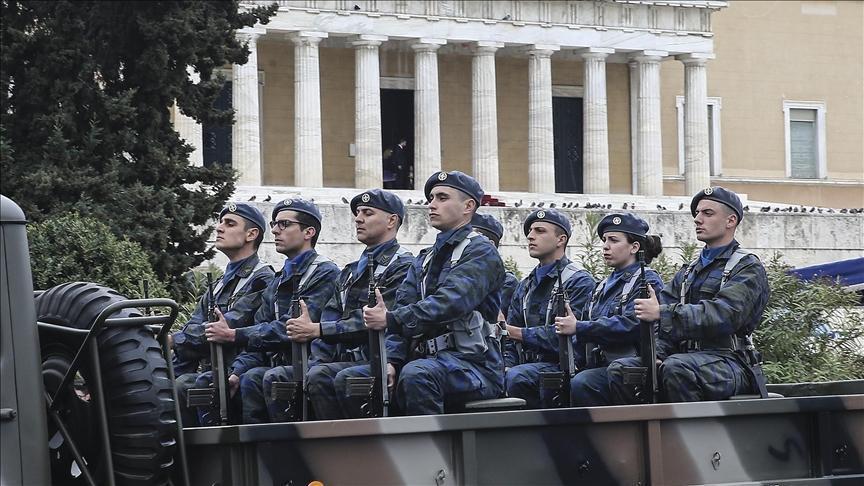Turkey expects EU to be honest broker in east Med: FM Çavuşoğlu
ANKARA- Anadolu Agency

Turkey’s foreign minister said on Sept. 10 that his country expects the European Union to act as an “honest broker” in the Eastern Mediterranean region.
“If you are part of the problem, how can you mediate between Turkey and Greece, or between Turkish and Greek Cypriots?” said Mevlüt Çavuşoğlu while addressing the European Parliament's Committee on Foreign Relations via video link from Senegal.
Çavuşoğlu said the EU has assumed the role of a judicial authority defending the claims of one side in the Eastern Mediterranean and its position was unjust and not in line with international law.
He noted that the European organization and Ankara were not on the best of terms, but this should not stand in the way of establishing a sincere dialogue channel.
Critical of the Greek Cypriots’ ascension to the EU in 2014, he further noted that Greece and Greek Cypriots had poisoned Turkey’s strategic relations with the EU by absorbing the latter into its maximalist agendas.
In addition to Greece and Greek Cypriots, according to Çavuşoğlu, other countries such as Egypt, Lebanon, France and even an outside actor - the United Arab Emirates (UAE) - have recently sought to forge alliances isolating Turkey and the Turkish Republic of Northern Cyprus (TRNC) in the region.
He underlined that Ankara supported the mediation efforts by Germany and the EU, whereas Athens did not favor dialogue and had adopted a negative approach towards the de-escalation bid of NATO Secretary-General Jens Stoltenberg.
Turkey, without any preconditions, is ready to engage in dialogue but will set its own terms if Greece comes up with demands, said the country’s top diplomat, adding the EU had maintained a neutral stance regarding maritime jurisdiction disputes experienced by Spain, Ukraine, Slovenia and Croatia.
Çavuşoğlu concluded that Turkey did not seek any escalation in the Eastern Mediterranean and favored a peaceful approach and President Recep Tayyip Erdoğan himself had instructed the military vessels protecting the Oruç Reis – a Turkish-flagged energy research vessel operating in the region – not to be the first side to open fire, adding they would stand firm to protect the ship should Greek ships attempt to harass the research vessel.
Greece has disputed Turkey’s current energy exploration activities in the Eastern Mediterranean, trying to box in Turkish maritime territory based on small islands near the Turkish coast.
Turkey - the country with the longest coastline in the Mediterranean - has sent out drill ships to explore for energy on its continental shelf, saying that Turkey and the TRNC have rights in the region.
Dialogue for fairly sharing these resources will be a win-win for all sides, say Turkish officials.
Deteriorating Turkish-French ties
Çavuşoğlu also shed light on how Turkey and France were not on the same page on Syria, Libya and the Eastern Mediterranean.
He said Turkey considered France its ally, but the French policy toward Turkey had changed following Ankara’s military operation against the YPG, the Syrian offshoot of the PKK terror group.
In its more than 30-year terror campaign against Turkey, the PKK - listed as a terrorist organization by Turkey, the U.S. and the EU - has been responsible for the deaths of 40,000 people, including women, children and infants.
“France is supporting the PKK to divide Syria. This plan was ruined. That’s why France became very angry with us,” said Çavuşoğlu, adding there were times when both countries had the same policy on Syria.
“I attended many meetings of the International Syrian Support Group,” he said.
“We even criticized the U.S. for being too flexible. We were against Russian policy there.”
He condemned French President Emmanuel Macron’s statement earlier in the day calling on the EU to be tough with Turkey.
He also demanded an apology from France for issuing a complaint in NATO on trumped up charges of harassment.
Migration and EU security
Another issue Çavuşoğlu touched on was EU criticism of Turkish military operations in northwestern Syria, which played a critical role in eliminating forced migration to Europe.
“I have to be very honest with you. We stopped the influx of 3 million refugees to Turkey and maybe toward the EU. How can you criticize us for being in Idlib?” he said.
Stating that Turkey was building houses for war-weary people in northern Syria, he said Germany and France did not keep their promise of lending help to Ankara.
“We are suffering a lot. It has been a big burden for us, but still you criticize Turkey,” he said.
Turkish FM welcomes cooperation of Guinea-Bissau against FETÖ


















